Reparenting The Inner Child
A Masterclass on Building Resilience and Healing Childhood Trauma
Featuring: Jennifer Hays-Grudo, PhD & Amanda Sheffield Morris, PhD
Reparenting The Inner Child
A Masterclass on Building Resilience and Healing Childhood Trauma
Featuring: Jennifer Hays-Grudo, PhD & Amanda Sheffield Morris, PhD
Reparenting The Inner Child
Featuring Jennifer Hays-Grudo, Phd & Amanda Sheffield Morris, PhD
PRESENTED BY JENNIFER HAYS-GRUDO, PHD & AMANDA SHEFFIELD MORRIS, PHD
Reparenting the Inner Child: A Masterclass on Building Resilience and Healing Childhood Trauma is a transformative educational series created by Wholehearted.org with Dr. Jennifer Hays-Grudo and Dr. Amanda Sheffield Morris, two renowned developmental psychologists and trauma experts who co-developed PACEs (Protective and Compensatory Experiences). This profound 16-part program invites mental health & wellness professionals into an evidence-based, compassionate journey of healing, exploring how Adverse Child Experiences (ACEs) and Protective And Compensatory Experiences (PACEs) shape our lives. Viewers will gain invaluable tools to help clients navigate trauma, build resilience, and reconnect with their authentic selves through the practice of reparenting. This masterclass offers professional growth,and also personal insight, helping mental health professionals foster a deeper, more compassionate approach to healing.
This masterclass brings decades of trauma and resilience research to life in a warm, practical, and deeply human format that will elevate both your clinical work and your personal growth through the transformative power of Protective And Compensatory Experiences.
• One-Time Purchase: Buy this course on its own and receive lifetime access, including additional materials & resources at courses.wholehearted.org
MEMBERSHIP IS NOT REQUIRED TO PURCHASE THE COURSE.
“Healing doesn’t begin by fixing what’s broken, but by honoring what survived.”
– Jennifer Hays-Grudo, PhD
Reparenting the Inner Child: A Masterclass on Building Resilience and Healing Childhood Trauma is an extraordinary, deeply compassionate program that guides professional healers into the heart of trauma-informed care. Through 16 carefully curated episodes, Dr. Jennifer Hays-Grudo and Dr. Amanda Sheffield Morris, world renowned trauma experts, developmental psychologists, and co-developers of PACEs (Protective and Compensatory Experiences), bring decades of research and wisdom into a warm, science-based framework for healing.
At its core, this Wholehearted masterclass is about understanding the unseen wounds we carry from childhood and learning how to transform those scars into resilience. It offers therapists powerful insights into how Adverse Childhood Experiences (ACEs) leaves lasting imprints on the brain and body, while also introducing the healing potential of Protective and Compensatory Experiences (PACEs), the innovative framework developed by the presenters. PACEs are the small steps that bring about profound healing, offering pathways to reconnect with our authentic selves, and build lasting resilience.
Therapists will not only learn to guide their clients on this healing journey but will also uncover ways to nurture their own growth. Through mindfulness practices, reflective exercises, and practical therapeutic tools, this masterclass provides a holistic approach to helping clients reclaim their inner strength, navigate trauma, and build meaningful, compassionate lives. This is more than professional development; it’s an invitation to deepen our collective understanding of healing and resilience, to build a legacy of love and transformation in our work with others.
Reparenting the Inner Child stands as a flagship program, reflecting the highest standards of compassion, trauma-informed care, and scientific rigor. It is designed with painstaking attention to detail, ensuring every element nurtures both personal and professional growth. The program is a true labor of love, created to foster deep healing and to equip therapists with the tools needed to help clients transcend their trauma.
Resilience is not the absence of adversity. It is the presence of connection, compassion, and possibility.
~ Amanda Sheffield Morris, PhD
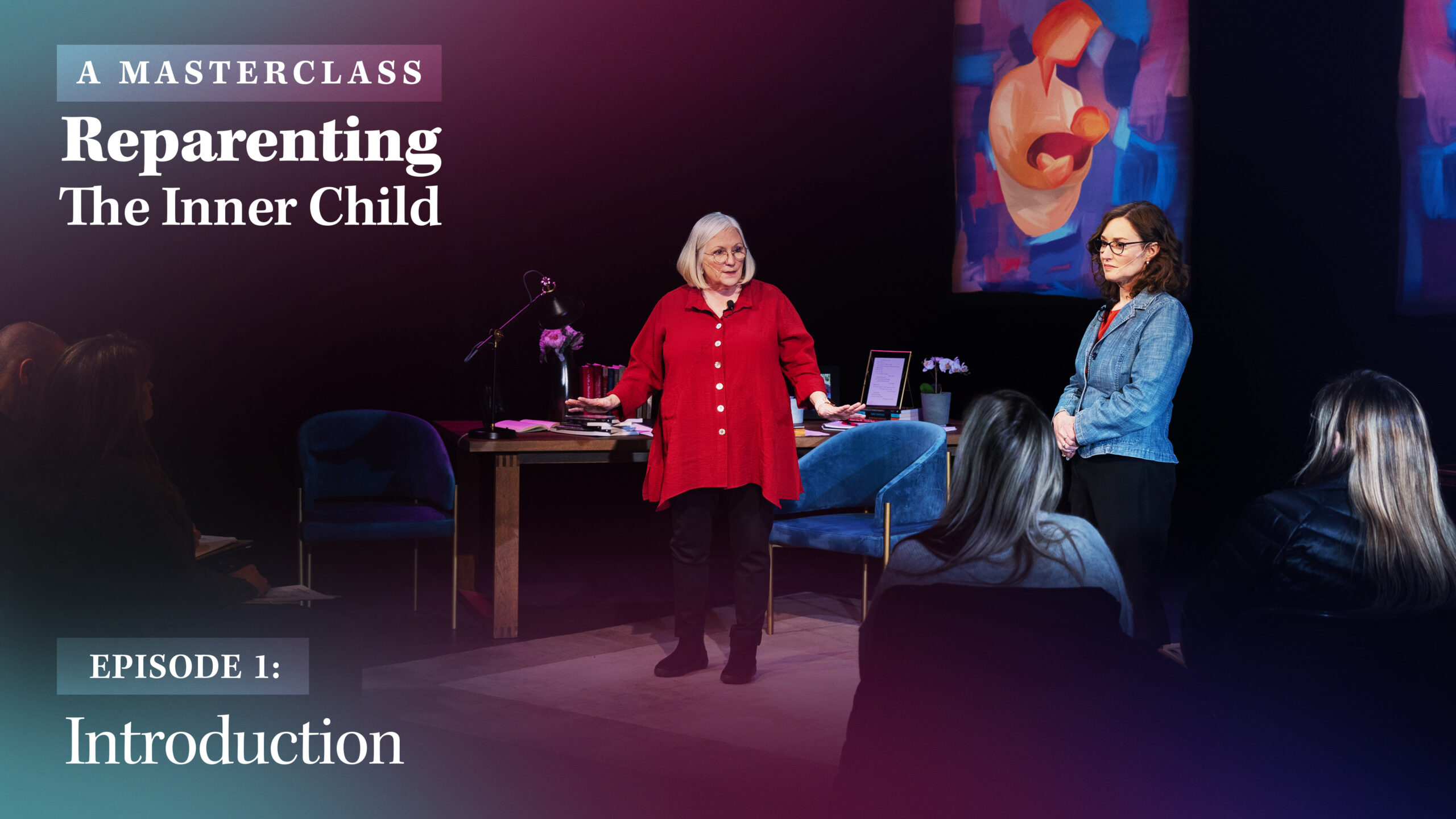
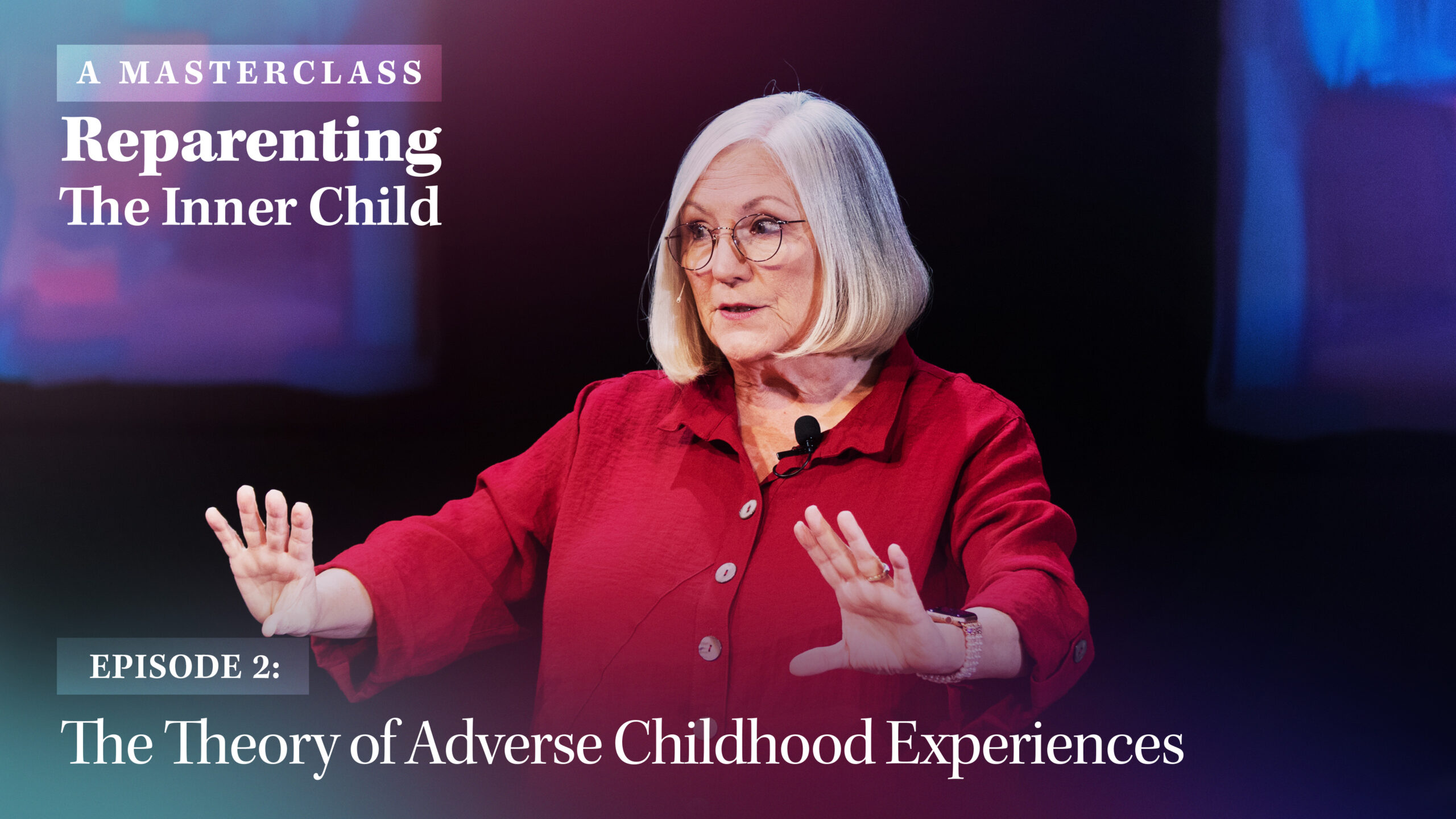
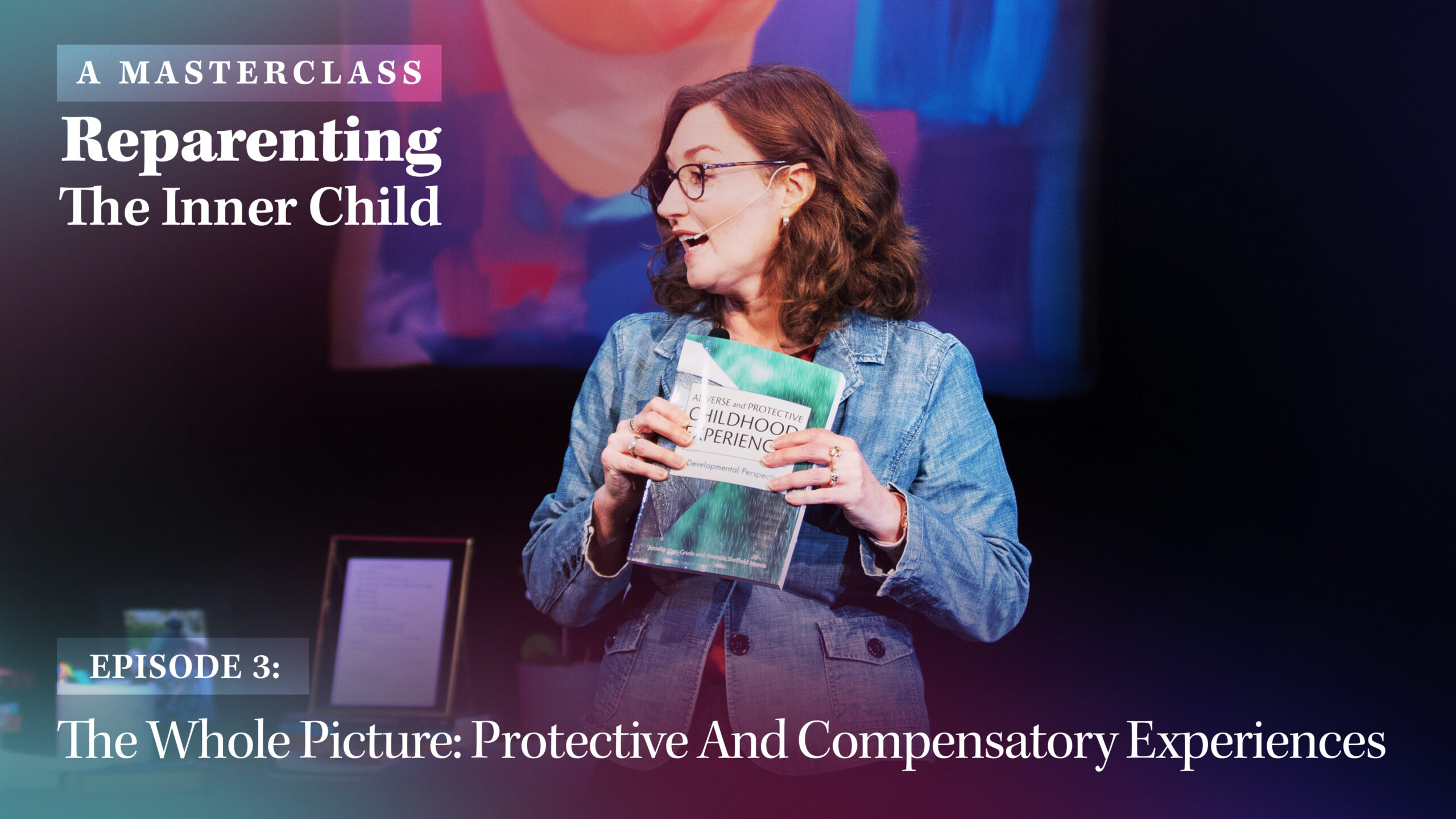
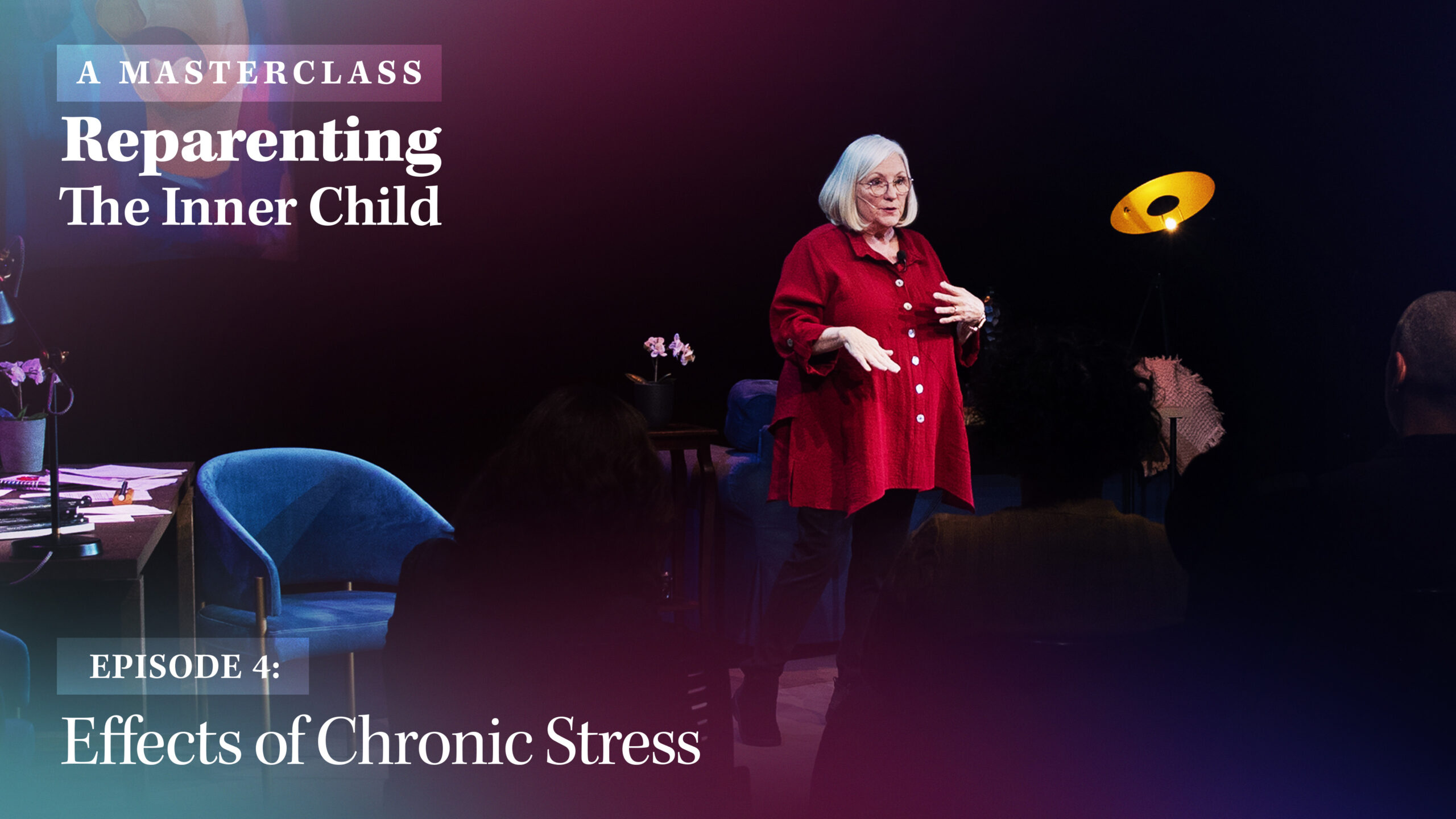
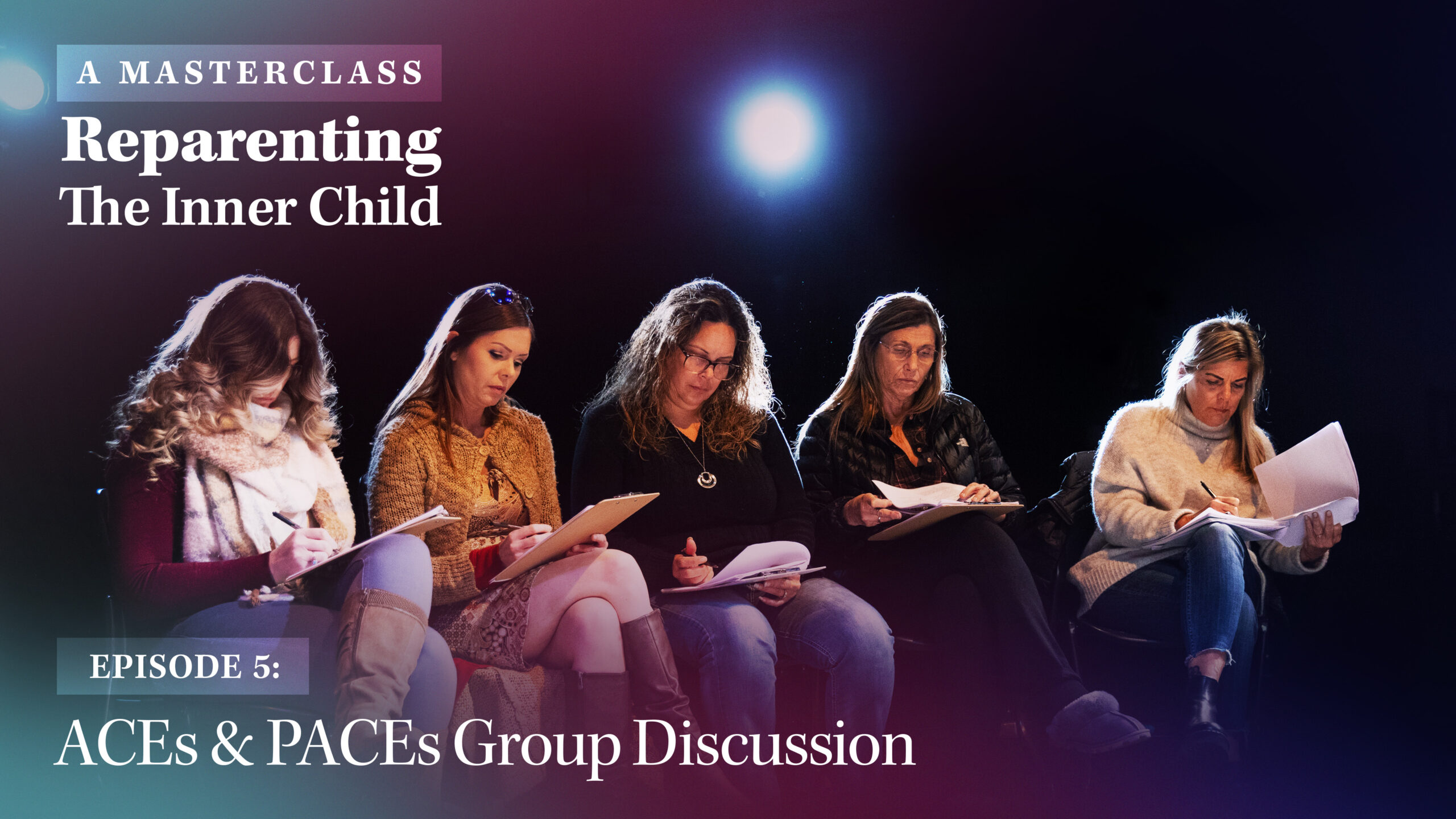
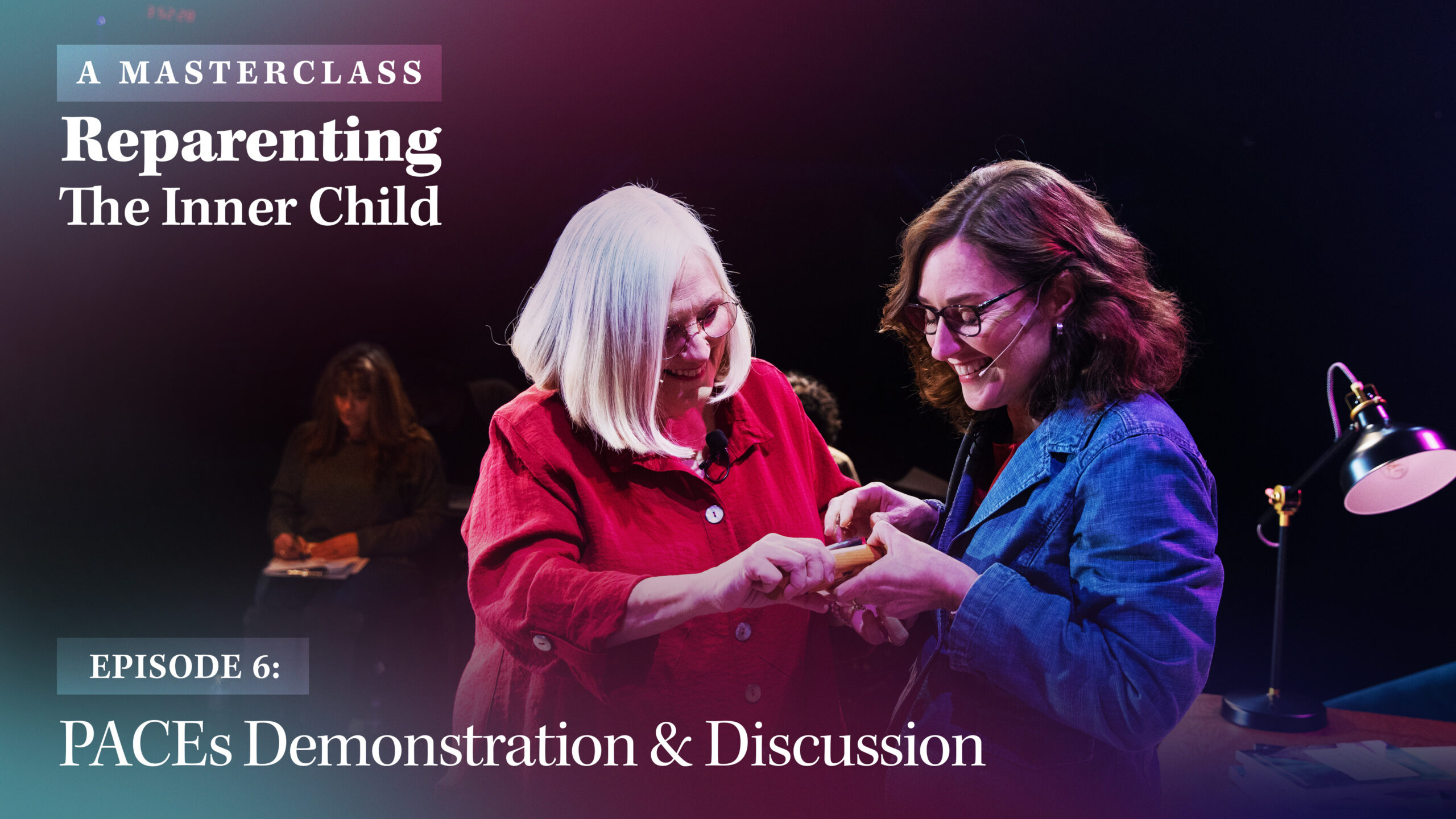
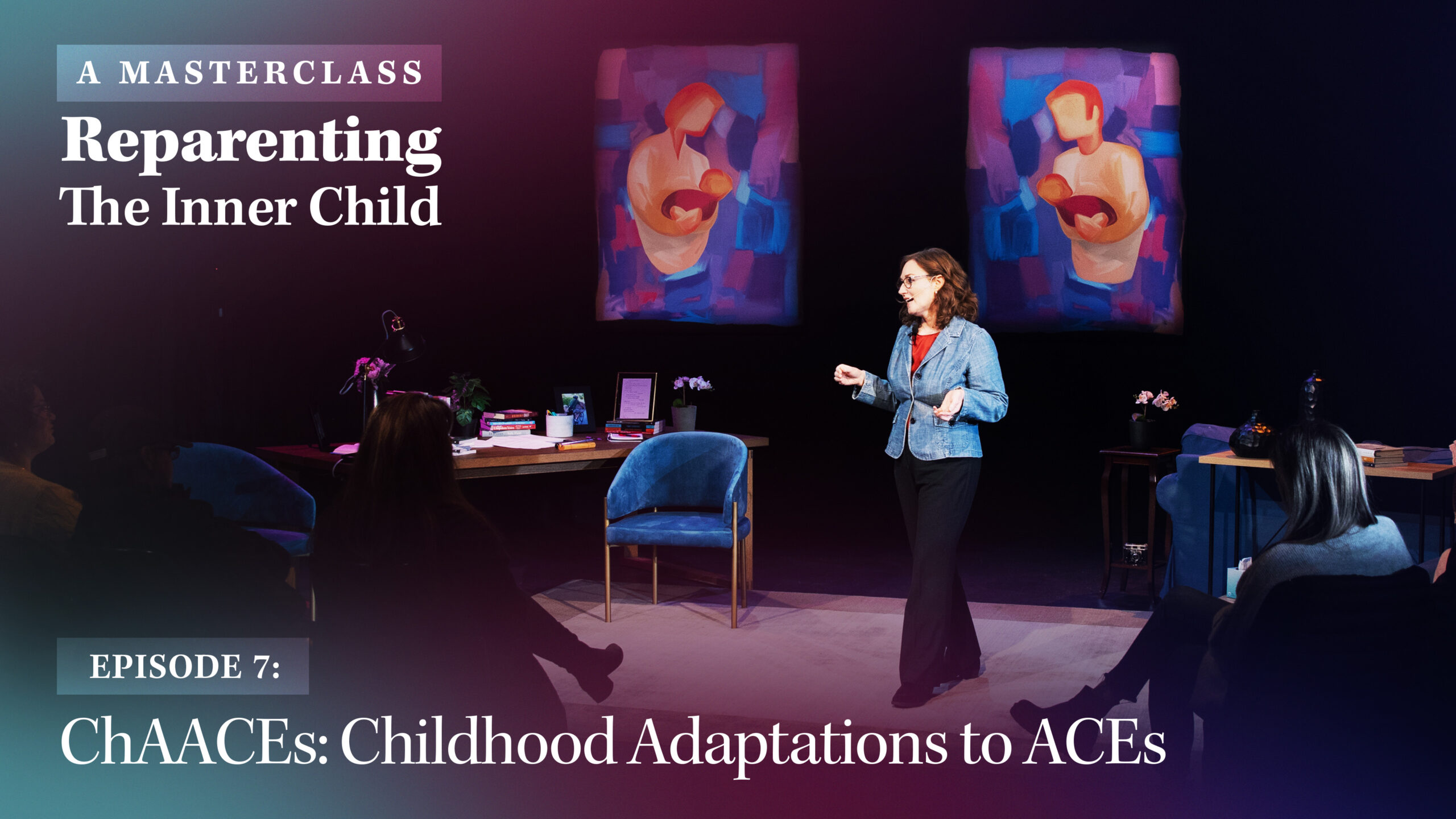
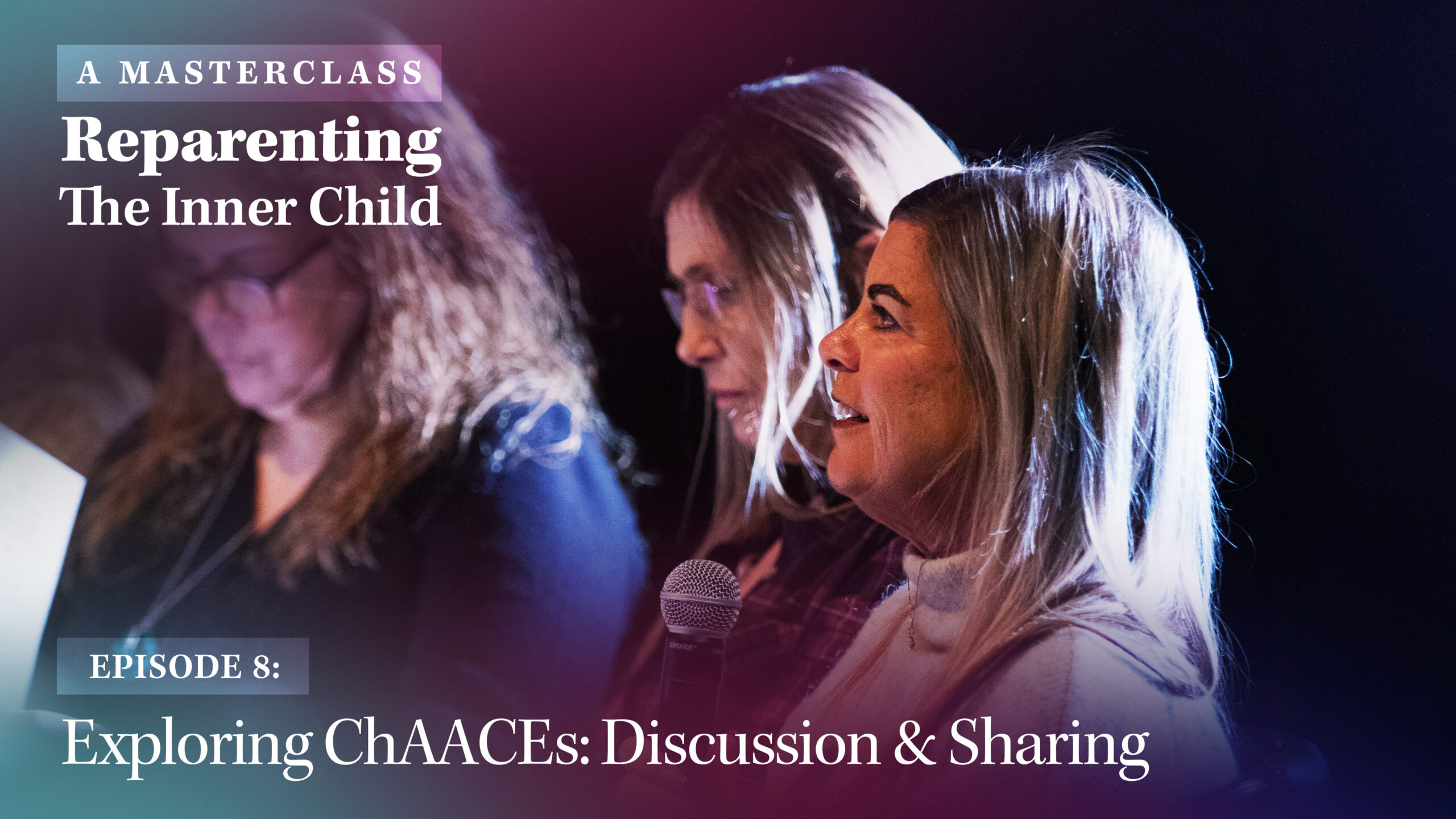
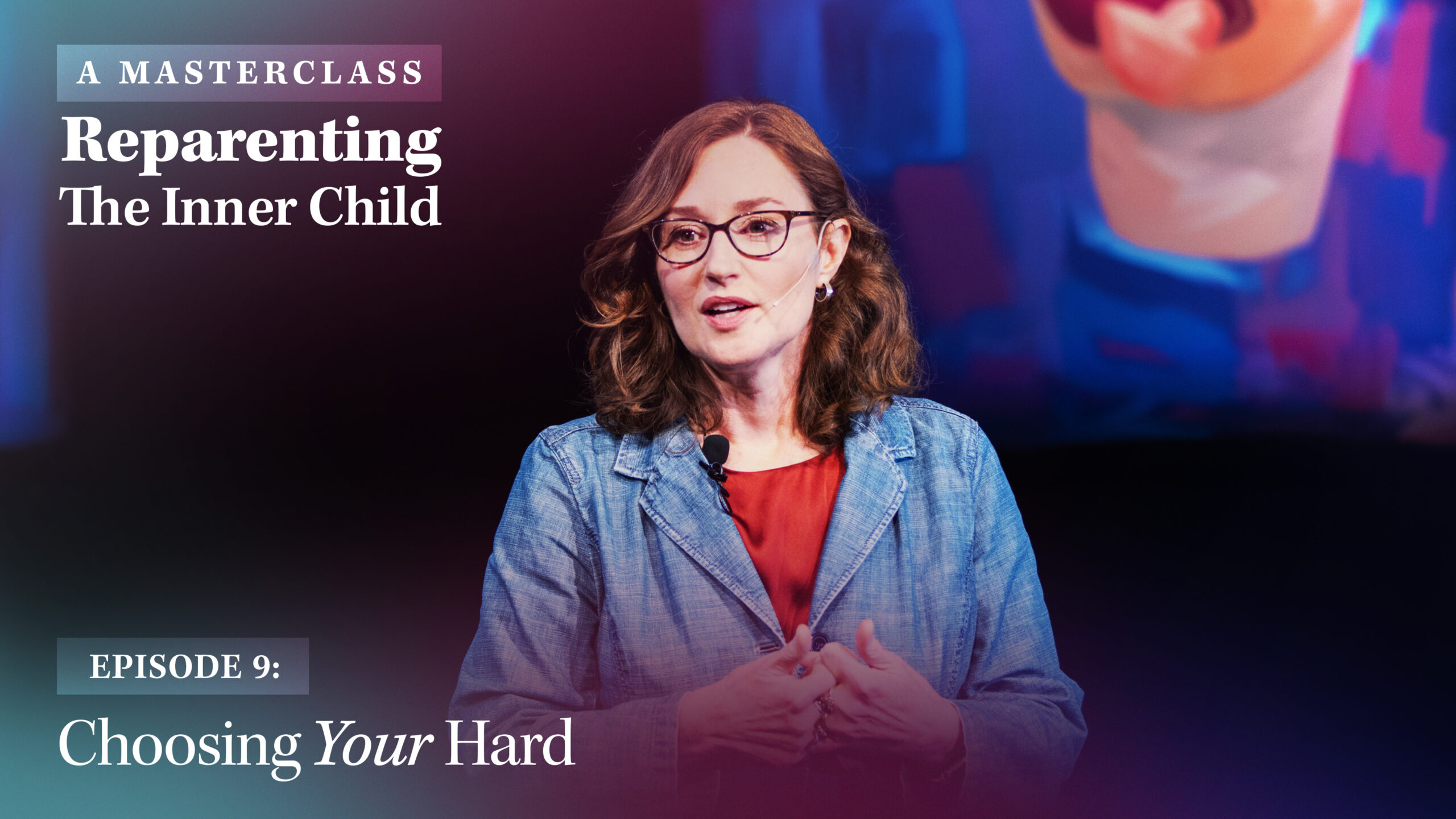
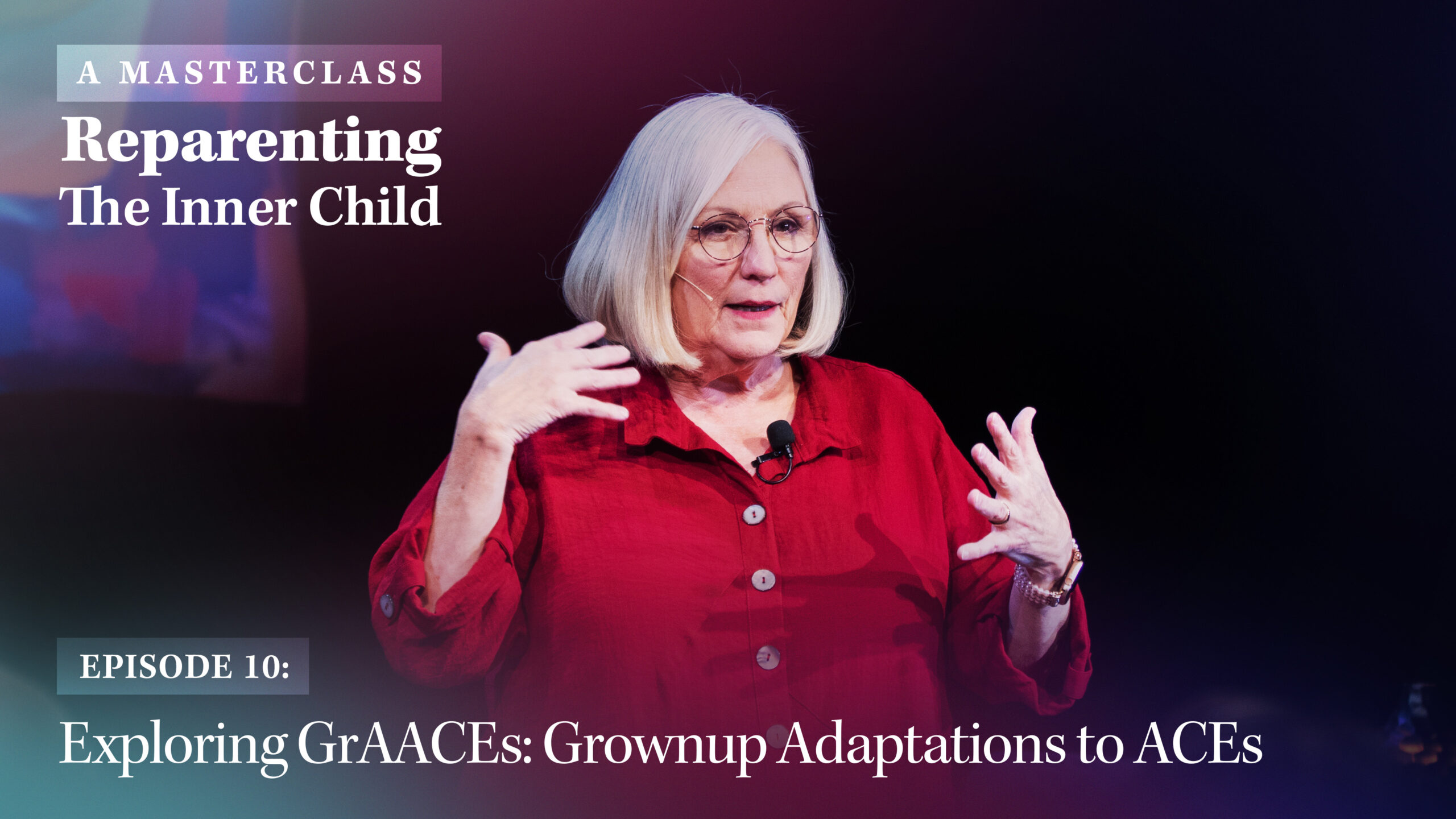
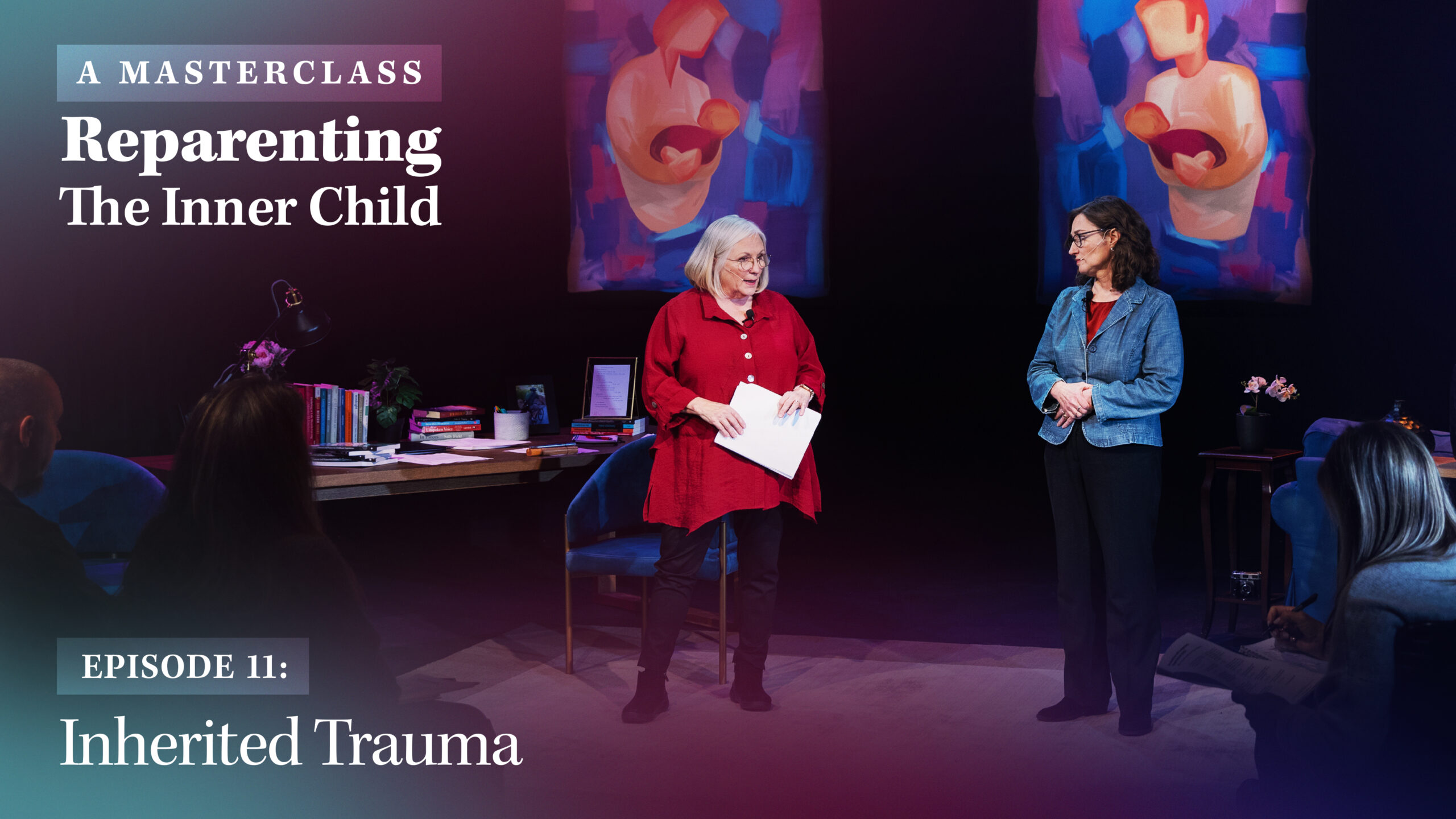
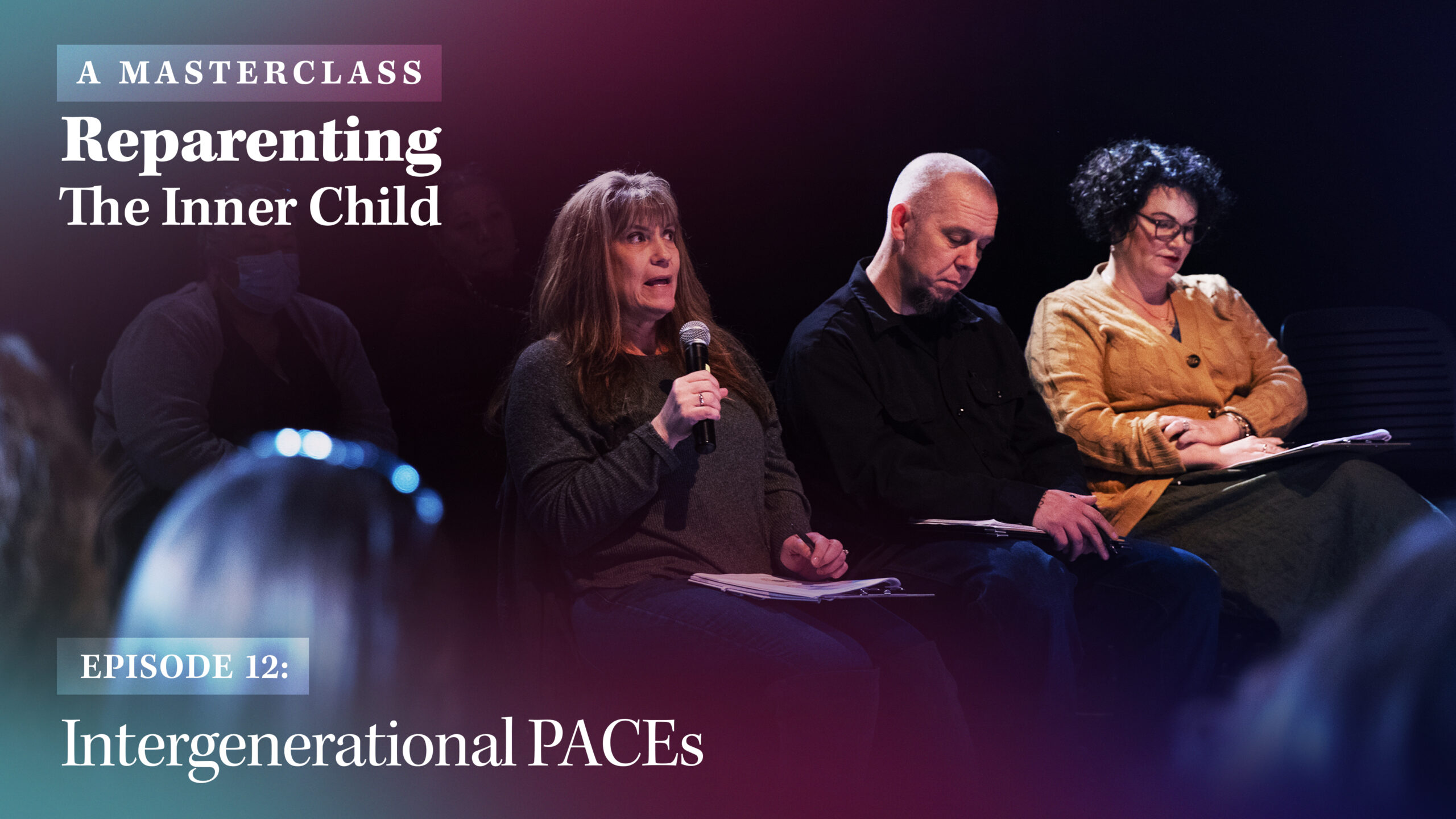
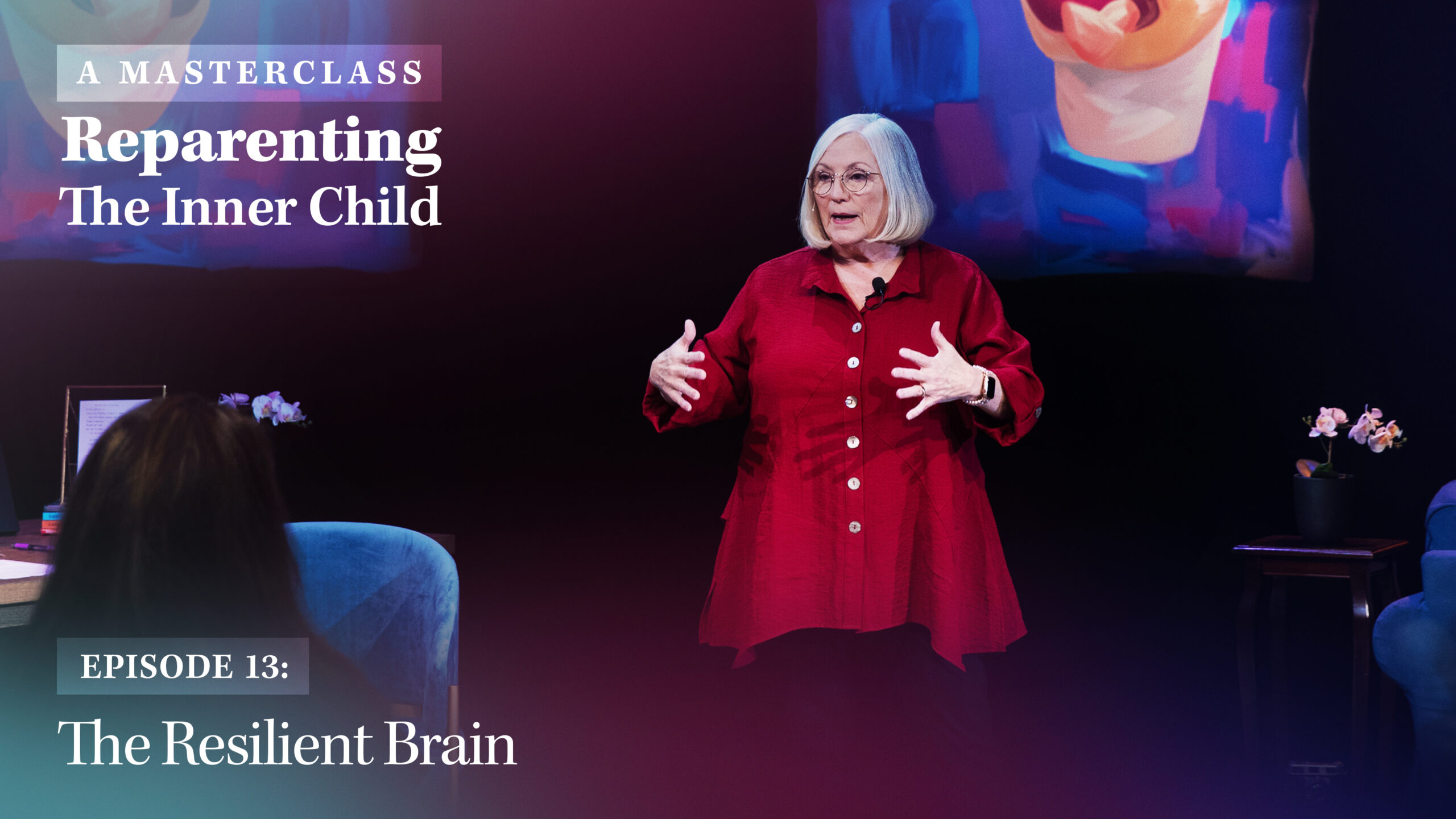
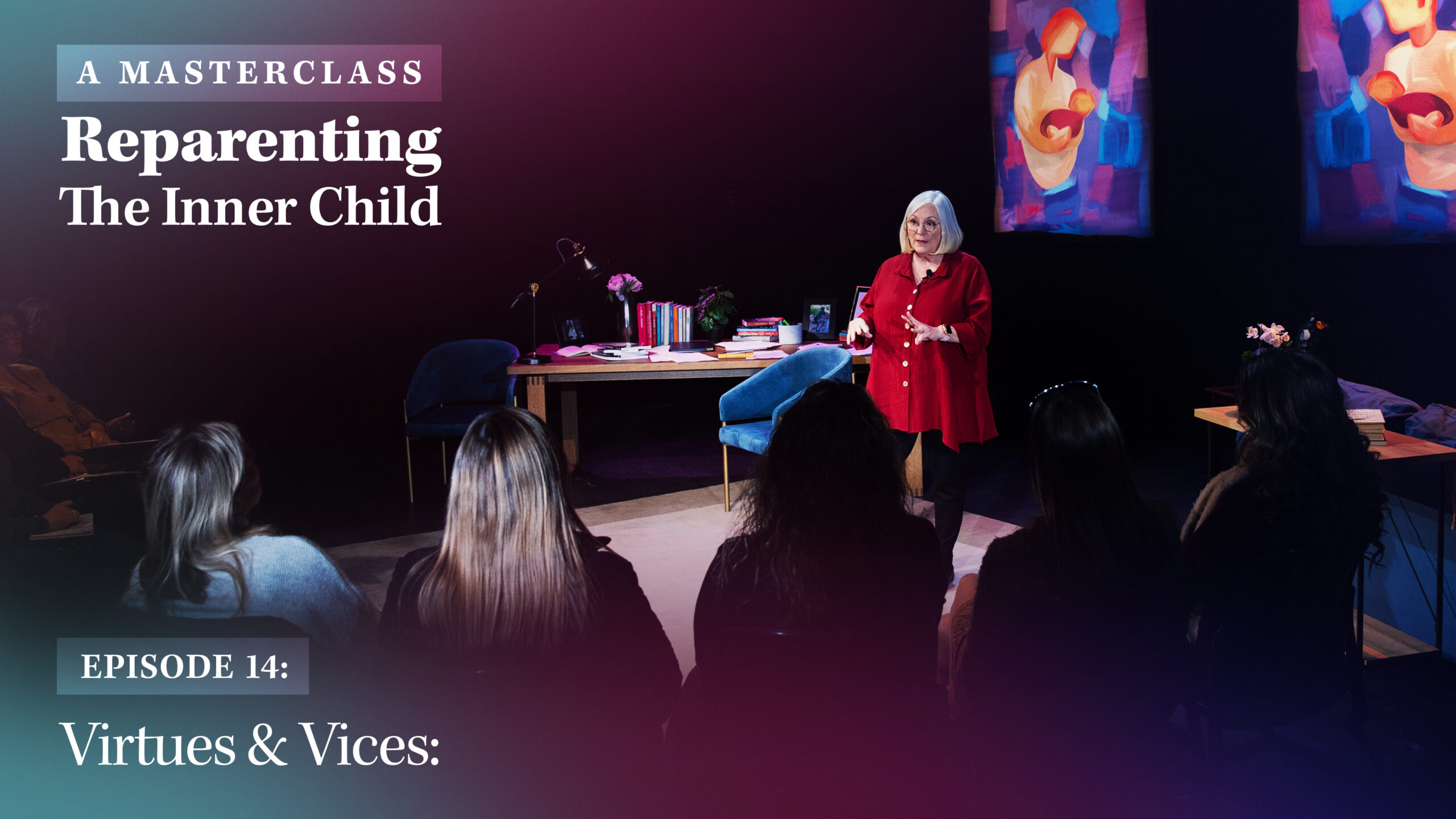
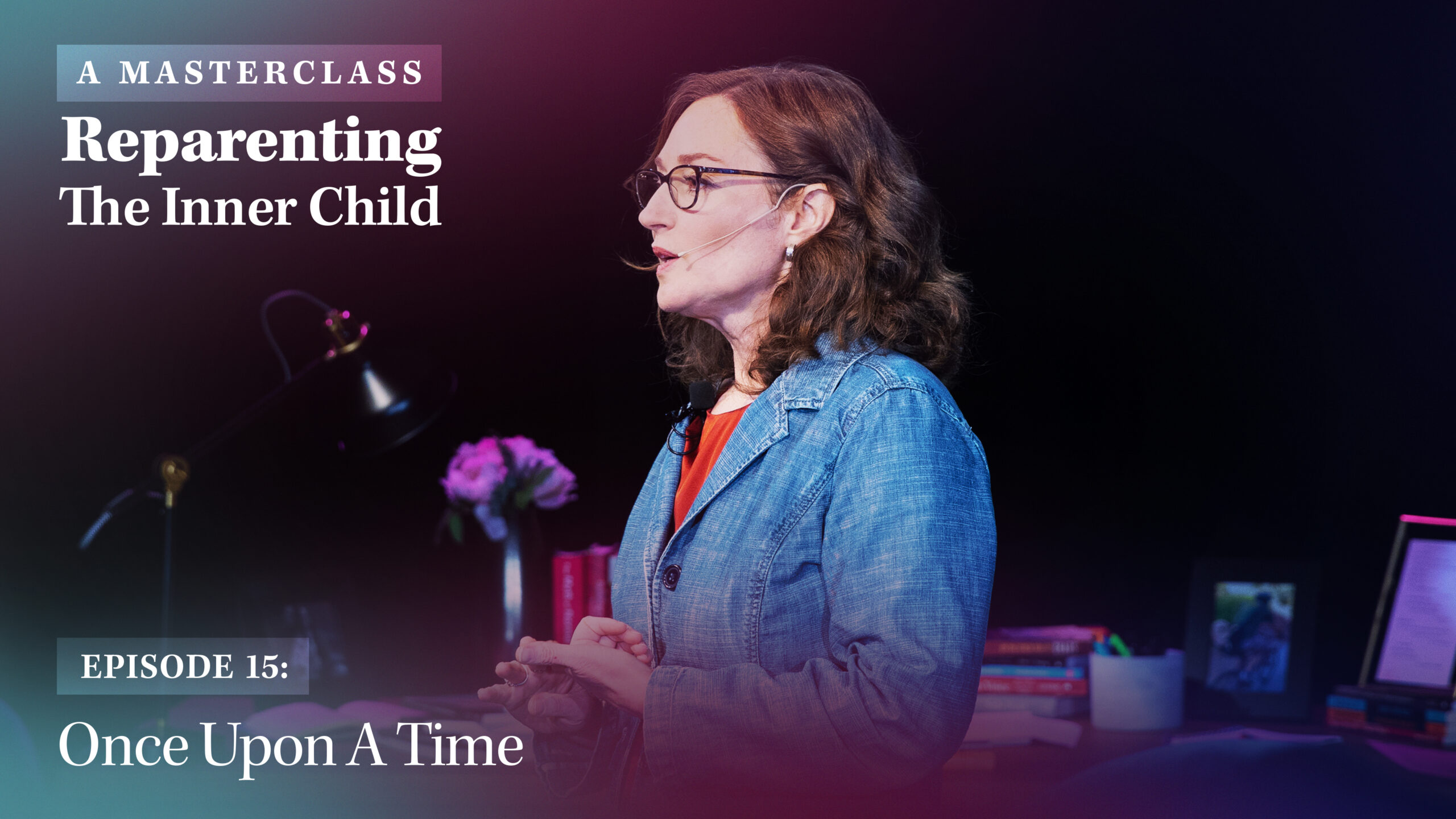
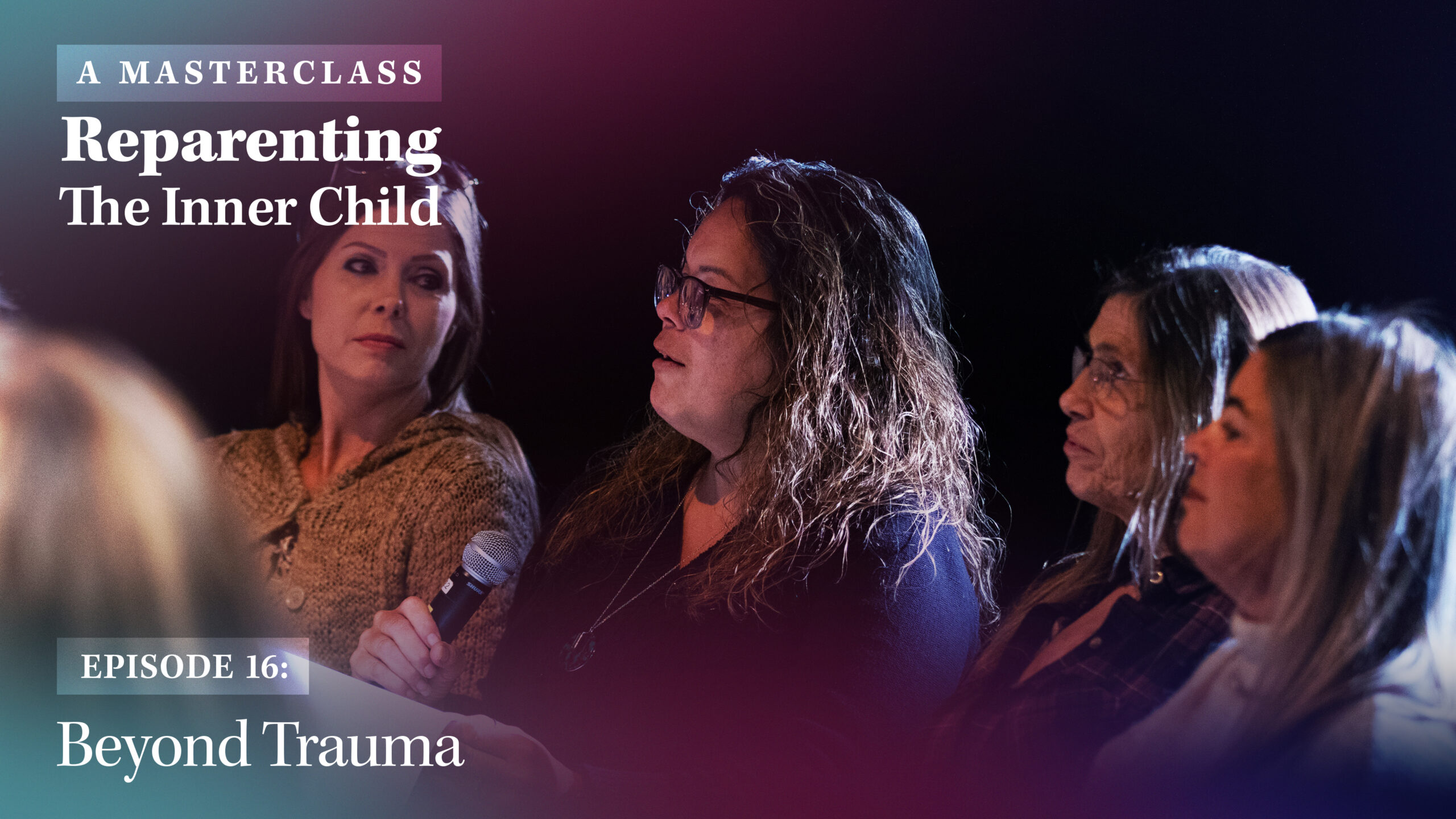
Wholehearted Thought Leader
Developmental Psychologist, Author, Professor
“The nervous system listens to the language of love, safety, and presence before it ever hears our words.”
Dr. Jennifer Hays-Grudo is a Regents Professor of Psychiatry and Behavioral Sciences at Oklahoma State University Center for Health Sciences and a nationally recognized leader in the science of trauma, resilience, and childhood adversity. She serves as the Director and Principal Investigator of the NIH-funded Center for Integrative Research on Childhood Adversity (CIRCA), where she leads groundbreaking research on the impact of trauma and poverty on children’s health and development.
At Wholehearted, Dr. Hays-Grudo’s work is foundational to the creation of Reparenting the Inner Child, a flagship masterclass designed to bring the latest scientific understanding of ACEs (Adverse Childhood Experiences) and PACEs (Protective and Compensatory Experiences) into the hands of therapists and healing professionals. She is a co-developer of the PACEs framework, which broadens the lens of trauma-informed care by focusing on the protective relationships and environments that buffer against adversity.
Drawing from decades of research and fieldwork, including her leadership on the Tulsa Children’s Project and her co-authorship of Adverse and Protective Childhood Experiences: A Developmental Perspective, Dr. Hays-Grudo brings a rare combination of scientific rigor and deep compassion to this program. Her voice in the series serves as both educator and advocate, helping viewers understand the science of trauma in a way that is accessible, empowering, and profoundly human.
Her contributions to Reparenting the Inner Child reflect Wholehearted’s commitment to honoring lived experience, healing relationships, and the science of hope. For Dr. Hays-Grudo, this program is not just about data, it’s about making healing possible and accelerating access to ground-breaking and life changing research.
Wholehearted Thought Leader
Developmental Scientist, Resilience Researcher, Author, Professor
“ACEs may shape our beginnings, but PACEs help us rewrite the story.”
Dr. Amanda Sheffield Morris is the George Kaiser Family Foundation Chair and a Regents Professor in the Department of Psychology at Oklahoma State University. As one of the country’s leading developmental scientists in the study of parenting, emotion regulation, and resilience, Dr. Morris is a co-creator of the PACEs framework and a co-author of the book Adverse and Protective Childhood Experiences: A Developmental Perspective, a work that directly informed the structure and heart of Reparenting the Inner Child, a Wholehearted.org’s flagship masterclass.
Her research has spanned multiple NIH-funded projects, including her role as Principal Investigator in the HEALthy Brain and Child Development Study and contributor to the Adolescent Brain Cognitive Development (ABCD) study. With decades of experience mentoring clinicians, educators, and researchers, Dr. Morris brings both depth and warmth to the therapeutic insights shared throughout the program.
In Reparenting the Inner Child, Dr. Morris guides therapists through a powerful process of understanding how childhood trauma affects not just behavior, but biology and belief systems. Her emphasis on emotion regulation, attachment, and intergenerational healing offers therapists practical tools rooted in the latest developmental neuroscience. With her guidance, the program becomes more than a masterclass, it becomes a healing practice in itself.
At Wholehearted, we are honored to share Dr. Morris’s expertise in this uniquely immersive and transformational format. Her work is not only reshaping the field of developmental psychology, but also bringing hope and clarity to therapists and caregivers navigating the complex realities of trauma and resilience.
"When we see behavior through the lens of 'what happened to you' instead of 'what's wrong with you,' healing becomes possible."
COMING SOON
COMING SOON
• Professional Membership: Get access to this program and all of our video series with an active membership.
• One-Time Purchase: Buy this course on its own and receive lifetime access, including additional materials & resources at courses.wholehearted.org
MEMBERSHIP IS NOT REQUIRED TO PURCHASE THE COURSE.